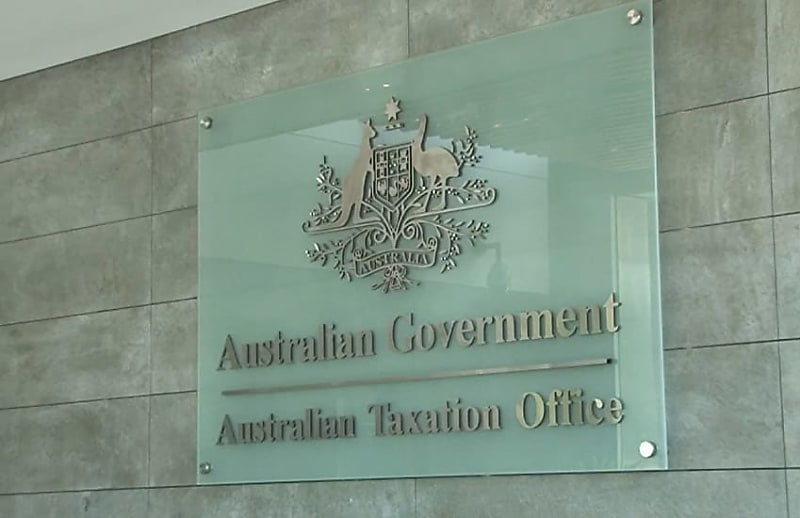Tax agents ‘waste hours in confusing client linking process’
TaxThe complex multi-step system that came into effect in November has confounded taxpayers, practitioners and even the ATO’s employees, agents say.

Confused tax agents waste hours navigating the ATO’s “poorly implemented” client linking process and even the Tax Office’s own staff are bewildered by it, industry members and professional bodies agree.
The revised client-agent linking (CAL) system became mandatory for all ABN holders except sole traders on November 13 but tax professionals said it had been an administrative “nightmare”, particularly for taxpayers who lacked technological literacy or needed to acquire myGovIDs to link their ABN.
Veteran accountant Joe Kaleb said following the process, which consisted of at least five steps, was “too complex and cumbersome” for clients to deal with alone.
“If new clients don't have a myGovID, or they have one but are not tech literate enough to understand the appointment process, it falls on us,” he said.
"If we want the client, we have to do it for them for free, and if we’re not able to do it, then we’re going to lose the client. It reflects poorly on new agents who don’t appear competent enough to help clients appoint them.”
Mr Kaleb shared these concerns on a LinkedIn post yesterday, which also featured the experience of a member of his tax resources network Australianbiz who spent several hours helping a not-for-profit client change agents.
“On trying to add the company as a client on the tax portal it was rejected … it took two calls to the ATO to establish the reason was because there was an existing agent on file. The documentation from the ATO does not present this fact. The client had problems trying to get existing tax agent to remove the company as a client,” the member’s account read.
Dozens of practitioners wrangling with the linking process also vented their frustrations in the comment section.
“This process is a nightmare for both clients and tax agents!” said one accountant.
Another said: “We've been trying for months to onboard [clients], but every time one thing is solved a new issue occurs.”
A third commented: “This system came with the right intentions but the system itself is so flawed. We struggle for hours every week with new clients.”
Mr Kaleb was also concerned about the lack of support from the ATO. “I tried ringing the hotline myself the other day for a client and I just hung up because it was going to take too long,” he said.
The process aimed to prevent identity fraud but many tax agents believed ATO officers were unfamiliar with the process, adding to the frustration and delay. “We want answers, not officers reading from scripts,” Mr Kaleb said.
Director of tax communications at H&R Block, Mark Chapman, called the regime a “serious obstacle” in the workflow of practitioners.
“The ATO appears to have introduced this idea of client linking to deal with a very specific type of fraud, but it creates a very considerable burden on clients and tax agents,” he said.
H&R Block, which has over 400 offices and 2,500 tax agents across the country, reported many instances of clients being “tripped up” by the process, he said. However, the ATO’s “frequently asked questions are about seven, eight pages long so it’s not straightforward at all to resolve”.
The mounting problems came as little surprise to CPA Australia as one of the professional bodies that raised concerns after it emerged the ATO finalised CAL without their consultation in December 2022.
Senior policy manager Gavan Ord said it was “causing a major headache for some tax agents and their less digitally-inclined clients”.
“Switching to digital systems should make things easier and more efficient, but this only works if businesses know how to use them and can invest the time to learn how to use them as opposed to leaving it all with their agents.”
A decline in ATO service levels and insufficient staff training meant there was a reliance on tax agents to “sort it all out”, he said.
“This is a serious issue and needs more immediate attention from the ATO. The ATO needs to provide adequate support to businesses, including an increase to the number of appropriately trained frontline staff so that their service levels can improve.”
“We will continue to work proactively with the ATO by participating in its CAL working group meetings where we raise concerns about the real-world impact of these changes.”




